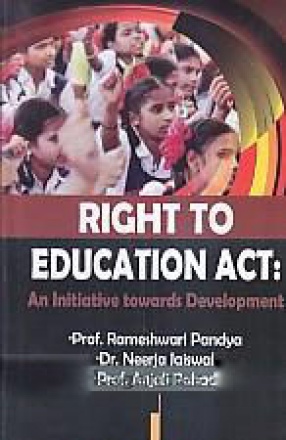
Rameshwari Pandya

Showing all 24 books
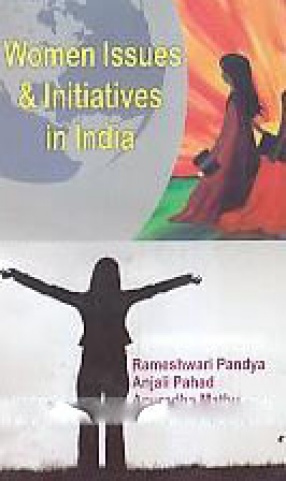

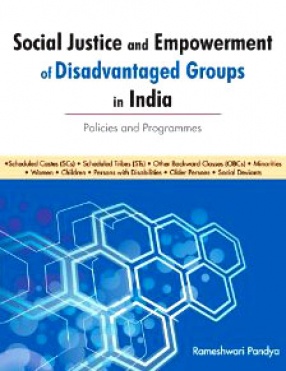
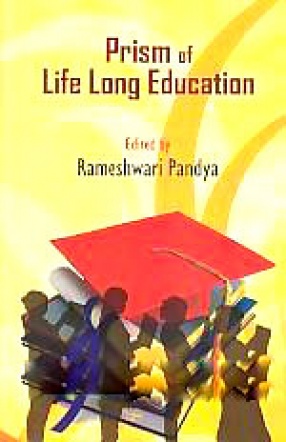
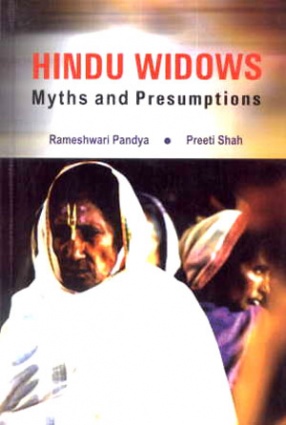
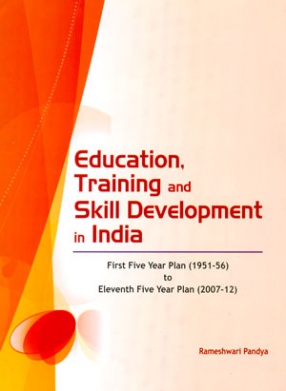
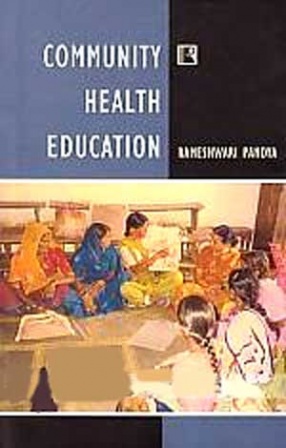

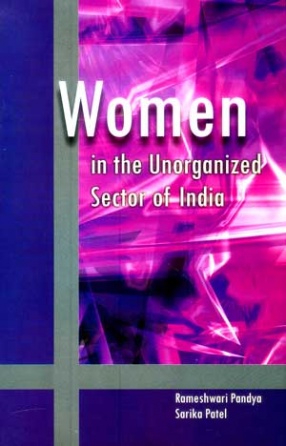
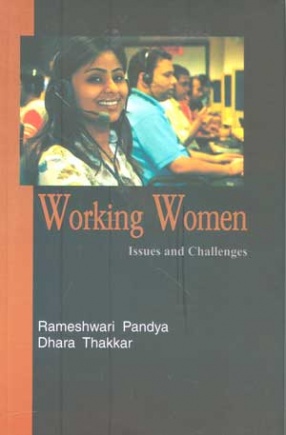
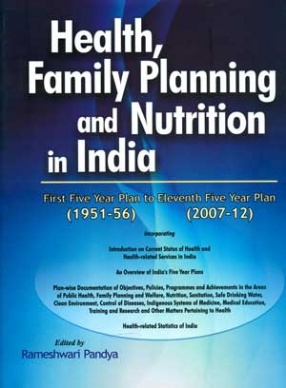
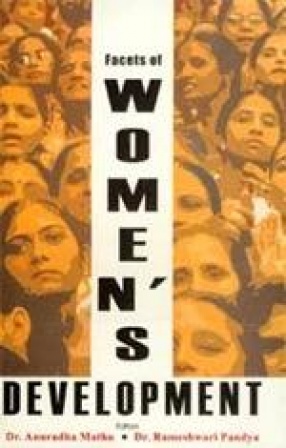
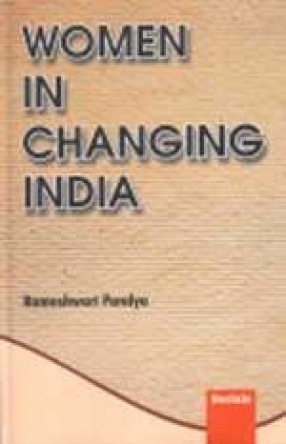


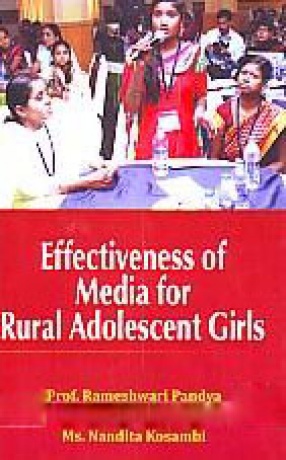

Skill development and entrepreneurship are complementary to each other. The term skills is used in the literature to refer to a wide range of attributes and to that extent there is no clear definition of a skilled worker. In practical terms, the term used is marketable skill which commonly refers to any skill/expertise/ability that has a market value, i.e. which has the potential of being utilised for generating income/employment.
Entrepreneurship is the quality ...


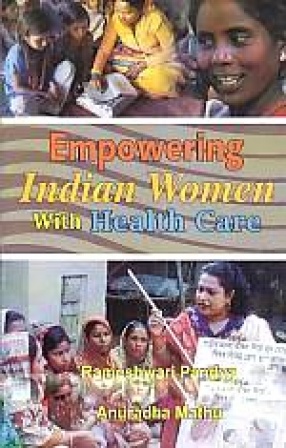

The book is focused on development policies and programmes that are aimed at improving the plight of the disadvantaged groups in India. It examines the shift in India’s development planning over the years—one from mere expansion of goods and services to one involving planning for enhancement of human well-being. It views the importance of the concept of inclusive growth for development which demands that all social groups have equal access to the ...

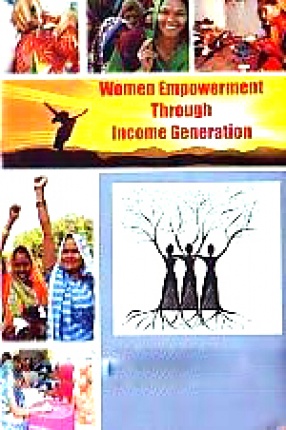


Widows are the unfortunate victims of nature and for centuries have been ill treated, facing deprivation, poor economic status, lack of social support, poor health and low education, denial of human rights to food, shelter, clothing and discrimination in relation to work, dignity and participation in the community life.
A study of Hindu widows residing in Vadodara in the year 2001-2002 was conducted with the objectives to study the problems of Hindu widows and ...

Right from the launching of India's First Five Year Plan (1951-56), the crucial role of education in the country's development has been recognized and emphasized. Within the education sector, elementary education has been given the highest priority in terms of sub-sectoral allocations and the number of schemes launched by the central government to meet the needs of the educationally disadvantaged. In 2008, a scheme to universalize education at the ...

A combination of health and education – health education – reflects the attributes of both and is aimed at enhancing democratic learning processes, human dignity and community value systems. Health education can be defined as the area in which social and health sciences are applied to facilitate the development of healthy lifestyles and behaviour among people. It is, therefore, important that people in a community be organized to solve their health ...

India is a multireligious, multiethnic, multicultural and multilingual country and is a best example of unity in diversity. Communal harmony is a necessary requisite for all-round development of the country. India has had the legacy of communal harmony. But recently some vested interests have come up inflaming religious fundamentalism. Thus in the recent past we have come across many serious communal riots in different pasts of the ...

According to the final report of the National Commission for Enterprises in the Unorganized Sector (NCEUS) released in April 2009, workers in the unorganized (or informal) sector constitute more than 93 percent of the total workforce of India. Unorganized sector workers are those who do not have any job security, income security or social security and are therefore extremely vulnerable to exogenous shocks.The problems of women workers in general and in the ...

The study of anatomical, physiological and psychological aspects of human beings in their working environment is important to ensure that the work fits job to the man rather than the man to the job. In a semi-industrialized country like India, the working class is one of the weakest sections of society. Society being male-dominated, women workers receive Still poor recognition/ value. It is not that there are no statutory provisions to ensure fair working ...

At the time of Independence in 1947, health care services in India were utterly inadequate, urban-based and curative in nature. Majority of the population, especially the poor and those residing in rural areas, did not have access to health facilities. Consequently, the morbidity and mortality rates were quite high. Many women died while seeking abortion to get rid of unwanted pregnancy because access to contraceptives for preventing pregnancies was not ...
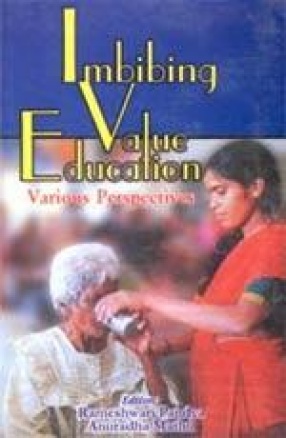
This book has been prepared to serve as a reference work for students taking courses in Education, Extension and Home Science Extension. It is mainly meant for students of Education and Extension at college and university level. The various areas of Value-Education-Environment, Health, Training in Extension, Women’s Rights and Empowerment have been discussed in depth to help extension workers and programme planners in these areas more effectively. It presents ...

"Facets of Women's Development", though a new concept in India but has its deep roots in history and development of women in India which has been its dawn in pre-historic India in the 'Vedas' and 'Puranshad', and is coming to the twentieth and twenty first century women of India - Kiran Bedi, Indira Gandhi, Kalpana Chawla and the Countless beauties of the World. The history and development of women in India has gone through paradigm shifts of 'Women and ...

This book has been prepared to serve as a reference book for students taking courses in extension education, adult education, community development programme in agricultural colleges and universities in India. This book is directed to the staff of the universities and trainers of field workers alike. Policy makers, planners, scholars and academicians and field level executors of development programmes, the professional workers in the field who have ...

Development of "Women" has emerged as an important area of scientific work. But its very nature is interdisciplinary in nature. Considerable public opinion and public funds has been invested in the cause of development of women. Each and every aspect of women's life is discussed in a systematic and rational manner. The major objectives of writing this book is to equip everyone with enough fundamental issues related to women. To furnish the reader with ...

Gender equality is a constituent as well as an instrument of development. No country can be deemed developed if half of its population is severely disadvantaged in terms of basic needs, livelihood options, access to knowledge, and political voice. Gender equality is an instrument of development because without it national goals will be difficult to achieve as, for example, poverty alleviation, population planning, family welfare and environmental sustainability. ...

In India policies and programmes of the government at different levels covers various dimensions and strategies of gender development. Over the years, efforts have been made to empower women socially, politically, economically. However, due to lack of synergy and coordination, the achievements are not satisfactory. It is imperative that an integrated policy and strategy to be formulated to address economic, social and po0litical issues related to women along with ...
